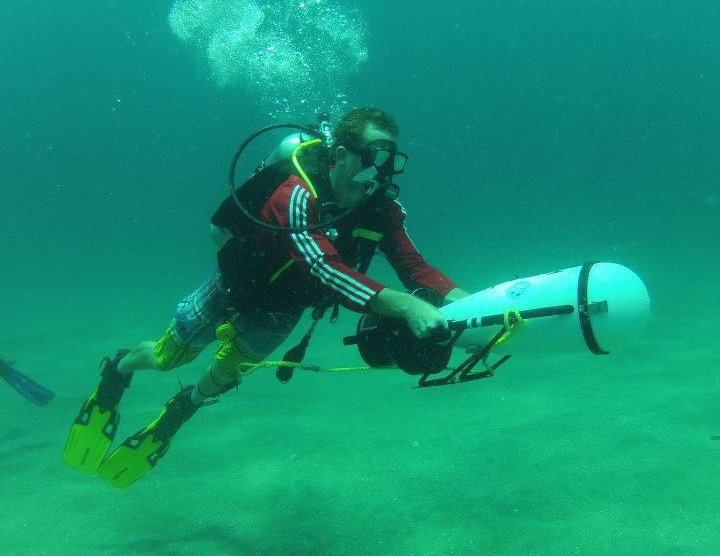Document Type
Poster
Abstract
Ground transportation generates approximately 23% of global CO2 emissions (IEA, 2009). Electric vehicles (EVs) are one of the most promising substitutes for internal combustion engines on the market today. EVs have no tail pipe pollution and are nearly 100% clean running vehicles with rechargeable batteries and quiet engines. EVs convert 60% of energy to power at the wheel whereas conventional gas power only converts about 20% of the gas energy to power (IEA, 2009). In addition, electricity has many modes of generation (including solar, hydro, wind, and nuclear) making it an abundant resource. Currently, the Florida Tech campus has only one EV charger, in the Panther Dining Hall parking garage. Florida Tech is developing its first campus sustainable transportation plan. This project will create a plan for a campus fleet centered on additional EV charging stations for faculty, staff and students and expand the sustainable transportation plan to reflect these new opportunities. Specific objectives are as follows: 1. to develop and apply a protocol for assessing CO2 emissions of all vehicles that are currently registered to park at Florida Institute of Technology. 2. to educate and encourage students to learn more and potentially drive electrical vehicles. 3. to work with campus staff to initiate the installation of multiple EV charging stations in convenient Florida Tech facility locations (Commons, Design Building, Babcock Oaks).
Publication Date
2015
Recommended Citation
Potter, Cheyenne, "Expanding Electric Vehicle Alternatives on Florida Tech’s Campus" (2015). Ocean Engineering and Marine Sciences Student Publications. 15.
https://repository.fit.edu/oems_student/15



Comments
Faculty Advisor: Dr. Ken Lindeman